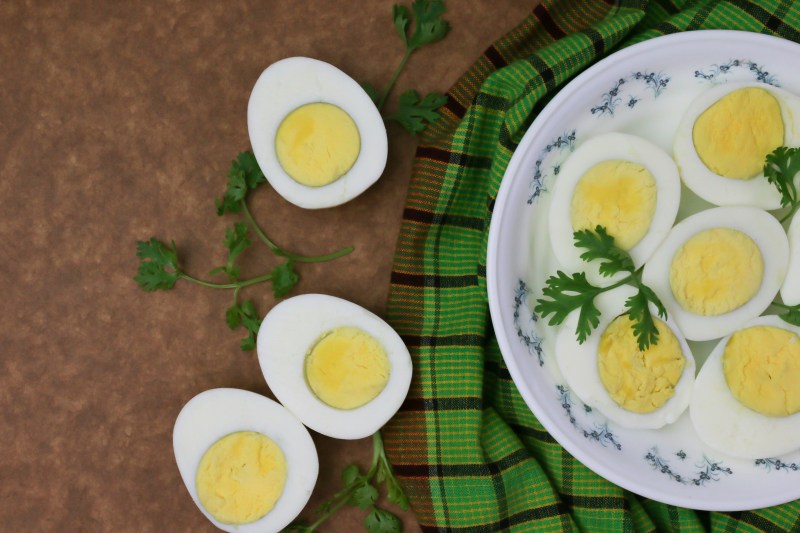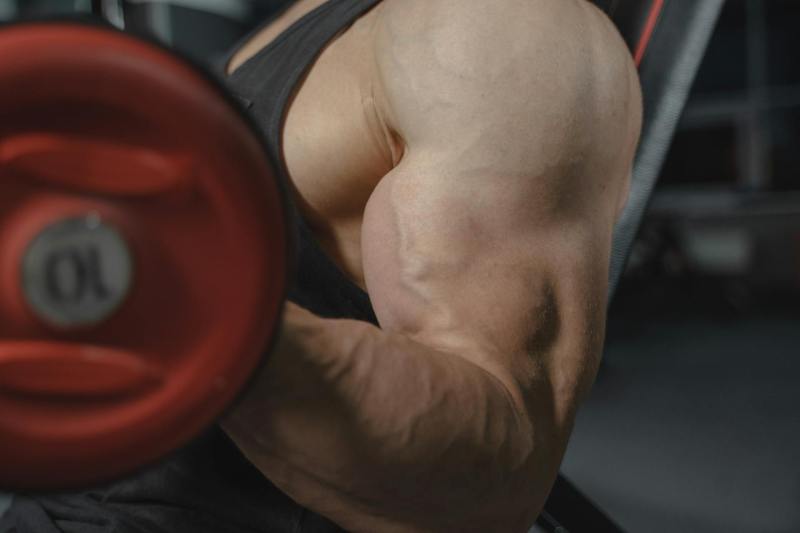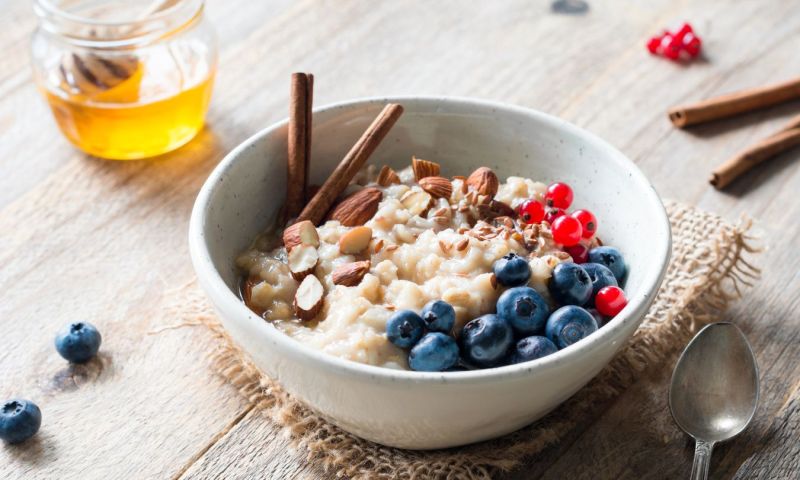Will protein give you energy? Protein is a key nutrient, the source of the amino acids your body uses to build every part of you. As a personal trainer and nutritionist, I am always strongly encouraging my clients to follow high-protein diets to lose weight, build muscle, and balance cholesterol levels. But how much energy does protein actually provide?
In this article, we’ll tell you everything you need to know about protein and energy, including how protein works, when and how it can provide energy, and what you should eat before a workout for max energy and power. Let’s get started!
Will protein give you energy?
If you know much about the keto diet, you probably know that your body typically gets its energy from carbohydrates. However, when you drastically reduce your carb intake, your body shifts to burning fat for fuel instead. What you might not know is that if you’re not consuming enough carbs or fat, your body may start breaking down protein for energy.
This usually only happens in extreme situations, like starvation or severe malnutrition. Burning protein for energy is a last resort—something your body does only when no other fuel sources are available. Just to be clear, this is not something you should ever try to make happen on purpose.
On a related note, if you’re not getting enough protein in your diet, it can leave you feeling tired, weak, and low on energy. Adding more protein may help you feel more energized, not because protein is your main energy source, but because it helps your body repair and maintain muscle tissue, which supports overall strength and vitality.
What are good sources of protein?

The main source of protein for most people is animal products, with meat at the top of the list. Fish, eggs, and dairy products also contain high amounts of protein. Vegetable sources of protein include nuts, beans, some grains, and soy products, especially tofu. Combinations of various plant products — most famously rice and beans — can offer complete protein, meaning they contain every amino acid the body requires, like meat does.
What are the benefits of a high-protein diet?

Building muscle
Protein is made up of amino acids — the same building blocks your body uses to function and grow. Your muscles, in particular, rely on a steady supply of amino acids to stay strong, recover from exercise, and increase in size. That’s why one of protein’s biggest benefits is supporting muscle growth and repair.
Promoting weight loss
Higher protein intake has long been associated with losing weight. One review says that a high-protein diet is “an effective and safe tool for weight reduction that can prevent obesity and obesity-related diseases.” However, it also states that most studies haven’t examined high-protein diets for periods longer than a year.
Reduced hunger
Protein is filling without having many calories, meaning you’ll eat fewer calories overall if you have a high protein intake. This is one of the main ways protein helps you lose weight, and it does it without you feeling like you’re depriving yourself of anything.
What macronutrient gives you the most energy?

Macronutrients are the nutrients that your body needs the most of to function optimally, and these include protein, carbohydrates, and fat. Carbohydrates provide the most energy of the three. However, their energy doesn’t last very long; it peaks and drops off quickly. Fat and protein can also provide energy, and although they contribute less, they usually burn more slowly and provide longer-lasting energy.
It’s much better to eat complex carbohydrates than simple ones. Simple carbohydrates, like table sugar and things made with white flour, are easier to digest, so they release their energy quickly. Complex carbohydrates, like whole-wheat flour, certain complex sugars found in fruits, and rice, have to be broken down into simple forms before they can be digested, slowing down the release of energy.
Tips for eating to have energy for your workouts

Before a workout, it’s a good idea to eat something rich in protein and carbs but without much fat. For many people, a meal or snack rich in fats before a workout can cause digestive issues as well. Oatmeal, a protein shake, and fruit, or rice and fish are good options you could try. There are lots of other great pre-workout meals and snacks, so experiment and see what you like!
Frequently asked questions
Will a protein drink give me energy?
A protein drink by itself doesn’t provide much energy, especially if it only contains protein powder and water. However, you can make some adjustments to your protein drinks so they provide more energy. Consider adding ingredients that are carbohydrate-rich, like oats, berries, or a banana.
Does protein help with fatigue?
Protein doesn’t affect fatigue much. Taking in large amounts of protein with little to no carbs can occasionally result in fatigue, like when you’re beginning the keto diet. However, you might feel sluggish if you aren’t getting enough protein, and protein can definitely help with that!
Why do I feel so much better after eating protein?
If you feel dramatically better after eating protein, you’re probably not getting enough of it. Eating protein should make you feel full and satisfied, but it shouldn’t make you feel intensely better or healthier. If you feel better after eating a particular type of protein, such as fish, you might also be deficient in something the fish contains, like omega-3 fatty acids.






